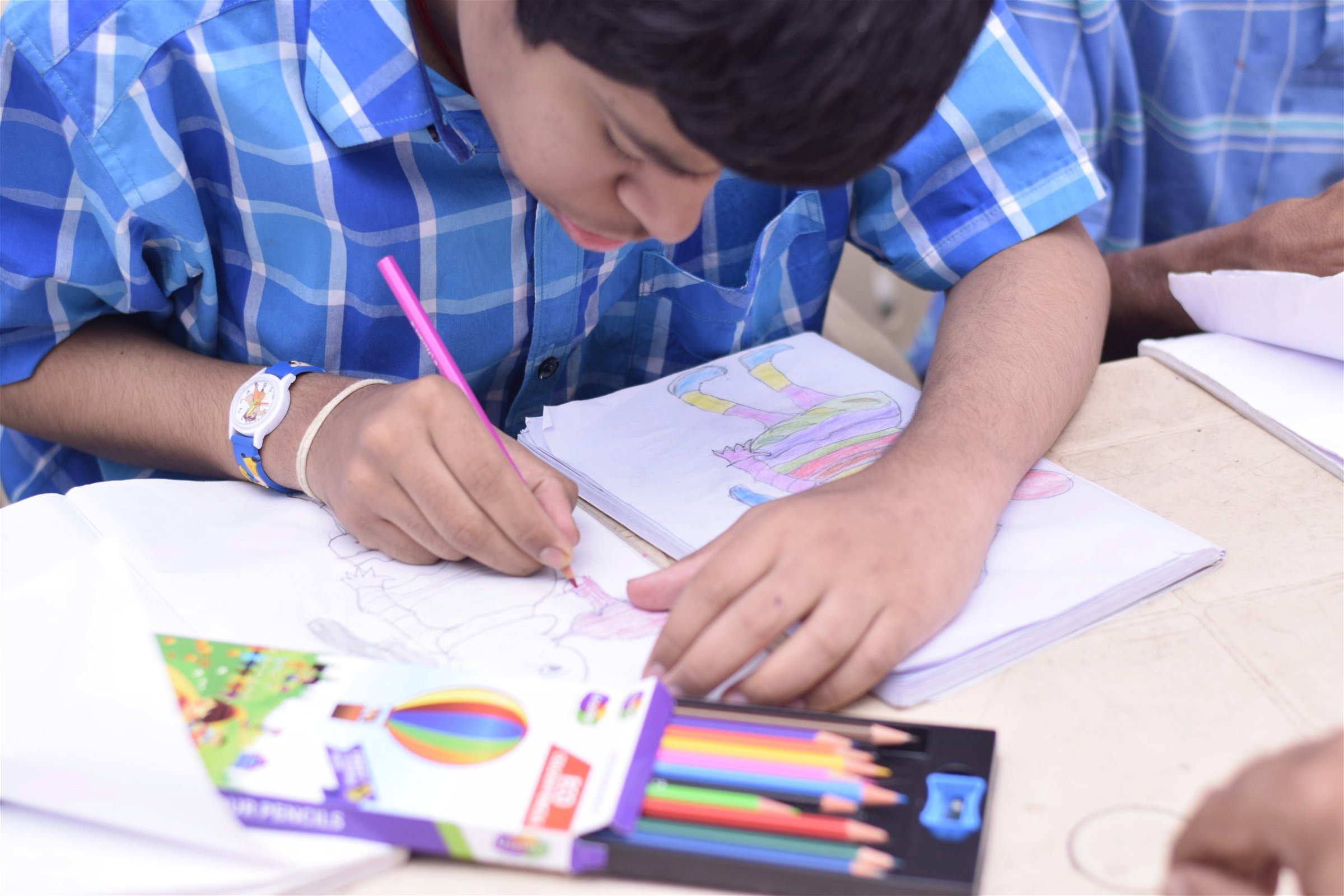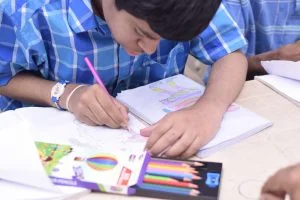Every child is special. However, there are some that are more special than the others. These are normal children, living like every other child around them, albeit with a different intellectual ability. These are what we call children that have ‘Special Educational Needs.’
Though they may initially come off as intellectually disabled, these children are actually simply slow learners. They look at the world differently and have skills and capabilities that are unconventional to their age group.
So as a parent, how would you identify if your child has ‘special educational needs’ and what are the intricacies of special needs parenting? We break it down for you here:
Special Educational Needs:
There are various kinds of special educational needs that doctors and psychologists have deciphered, affecting different developmental criteria.
For ease of understanding and diagnosis, this can be divided into the following four buckets:
- Difficulty regarding thinking, analysis, learning, and understanding:
There are issues that children face with respect to reading, spelling, writing, understanding concepts, counting numbers, or studying in general.
- Difficulty relating to behavior, attitude, emotional abilities:
Is your child too emotional? Or behaves very aggressive or hyper in certain situations? Children facing behavioral issues can be difficult to control when they are going through emotional turmoil, have a lack of confidence issues, or have a basic behavioral or concentration problem.
- Difficulty relating to language, communication, and speech and:
Some children face issues in articulating their feelings or understanding what has been said to them. They also face issues regarding basic communication or speaking, making them intellectually disabled to a certain extent.
- Difficulty relating to the bodily movement or physical attributes
These children are born with a disability or a congenital disability that limits their movement or alters their physical appearance sharply. It is this congenital disability that makes it difficult for them to do activities that other normal children—thus making them a Special Educational Needs (SEN) child.
Types of SEN conditions:
Depending on the attributes above, there are a number of conditions that fall under each heading – making the treatment of these conditioners and special needs parenting simpler and relatively hassle-free
1. Conditions relating to thinking and understanding:
- Dyscalculia
- Dyslexia
- Irlen syndrome
2. Conditions relating to behavior:
- ADHD
- Anxiety
- Bulimia
3. Conditions related to speech and language:
- Aphasia
- Asperger’s syndrome
- Cerebral Palsy
4. Conditions related to physical attributes
- Cystic fibrosis
- Down syndrome
- Spina bifida
Special Needs Parenting and Dealing with SEN Children:
Special needs parenting is no rocket science. Agreed, it needs a little more effort and commitment than normal parenting requires. However, in no way does this make it burdensome or difficult. No matter what be the kind of SEN that your children have – they deserve a good, enriching, and rightful education. An education that will not only make them independent and capable adults but also promise them a bright and fruitful future.Nonetheless, one of the major drawbacks of schools that teach children with Special Educational Needs is the high cost of education attached to it. Educating and taking care of an SEN Child may incur a cost that is, most of the time, substantially higher than normal schooling costs. Thus, more often than not, demotivating parents from taking the right steps in safeguarding their child’s future. Though now, with a number of NGO’s and good Samaritans coming into the picture, even that issue is resolved. These NGOs extend facilities to SEN children who are suffering or unable to attend school due to a paucity of funds and ensures that their future path is secured and illuminated.




